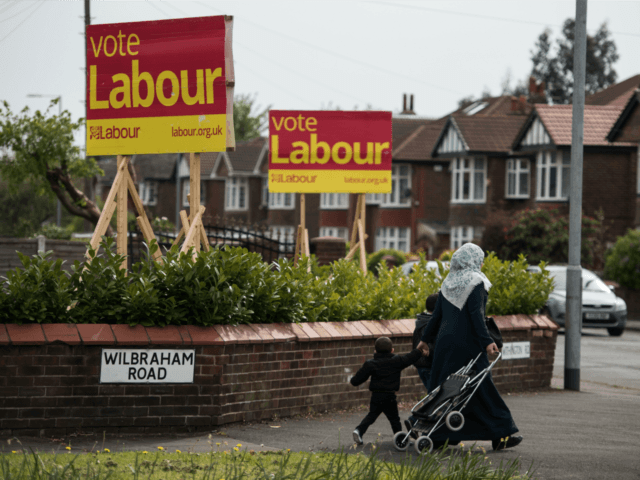The government has been told it should scrap plans to crack down on election fraud because requiring voters to show ID at the polling station could “disenfranchise” transgender people and other minority groups in Britain.
Rules set to be trialled across Watford, Bromley, Gosport, Swindon, and Woking at local elections in May, with a view to rolling them out countrywide to combat fraud, will see voters required to bring identification documents such as a driver’s licence if they do not bring their polling card.
But the move is likely to hit “voters with protected characteristics”, the Equality and Human Rights Commission (EHRC) warned, expressing concern that the precaution against election fraud could result in fewer votes from transgender individuals and non-whites.
In a letter reportedly leaked to the Observer, EHRC legal officer Claire Collier told the government that staff were “concerned” that “some voters will be disenfranchised as a result of restrictive identification requirement”.
“The requirement to produce identification at the given local elections will have a disproportionate impact on voters with protected characteristics, particularly older people, transgender people, people with disabilities and/or those from ethnic minority communities,” said the letter, which was sent to Cabinet Office minister David Lidington.
Massive Voter Fraud In Muslim Areas, No Challenge Due To 'Political Correctness' https://t.co/W2vSkk3Saj pic.twitter.com/J5FCcR6d7U
— Breitbart London (@BreitbartLondon) August 12, 2016
According to the public body, such groups would be less likely to have identification and so would effectively be prevented from voting under the new system, despite the pilot requiring ID only if an individual fails to bring their polling card when they show up to vote.
In addition to the ECHR, which was ahead of its time regarding gender ideology when it recommended in 2010 that schools ditch skirts so as not to trigger “dysphoria” amongst female pupils who “identify” as boys, more than 40 other NGOs have called for the new rules to be scrapped.
Ruth Hunt, who heads gay rights group Stonewall, echoed the EHRC’s claim that access to photo ID “can prove very difficult” for minority groups and added that the government’s crackdown on voter fraud would likely pose additional challenges to transgender people or those who claim to be neither male nor female.
“For trans and non-binary people in particular this has the potential to cause significant problems, as some may not have photo identification that accurately reflects their gender identity. It’s not hard to imagine the challenges and confusion that could result from that in a polling station,” she said.
Election Fraud: Is Britain Finally Waking Up To The Disaster Of Multiculturalism? https://t.co/f4FP0HXxpT pic.twitter.com/O30U1TltBy
— Breitbart London (@BreitbartLondon) August 12, 2016
“We’re urging the Government to reconsider the proposed pilots and instead take steps to engage communities in future schemes, to ensure that more people from more communities feel empowered to vote.”
A report by the Electoral Commission published in 2014 identified 16 local authority areas where it believed voter fraud to be particularly prevalent, the majority of which were Labour strongholds with large immigrant communities from outside Europe, but campaigners point to there having only been 28 accusations of voter fraud and only one conviction last year as evidence that changes to the system are unnecessary.
This fact “proves little, however, since it is hard to detect electoral fraud if there are almost no checks”, argues journalist Charles Moore in the Spectator, noting that he found it “worryingly easy” to commit fraud when he ‘voted’ twice in the 2016 EU referendum in order to expose security flaws in the electoral system.

COMMENTS
Please let us know if you're having issues with commenting.